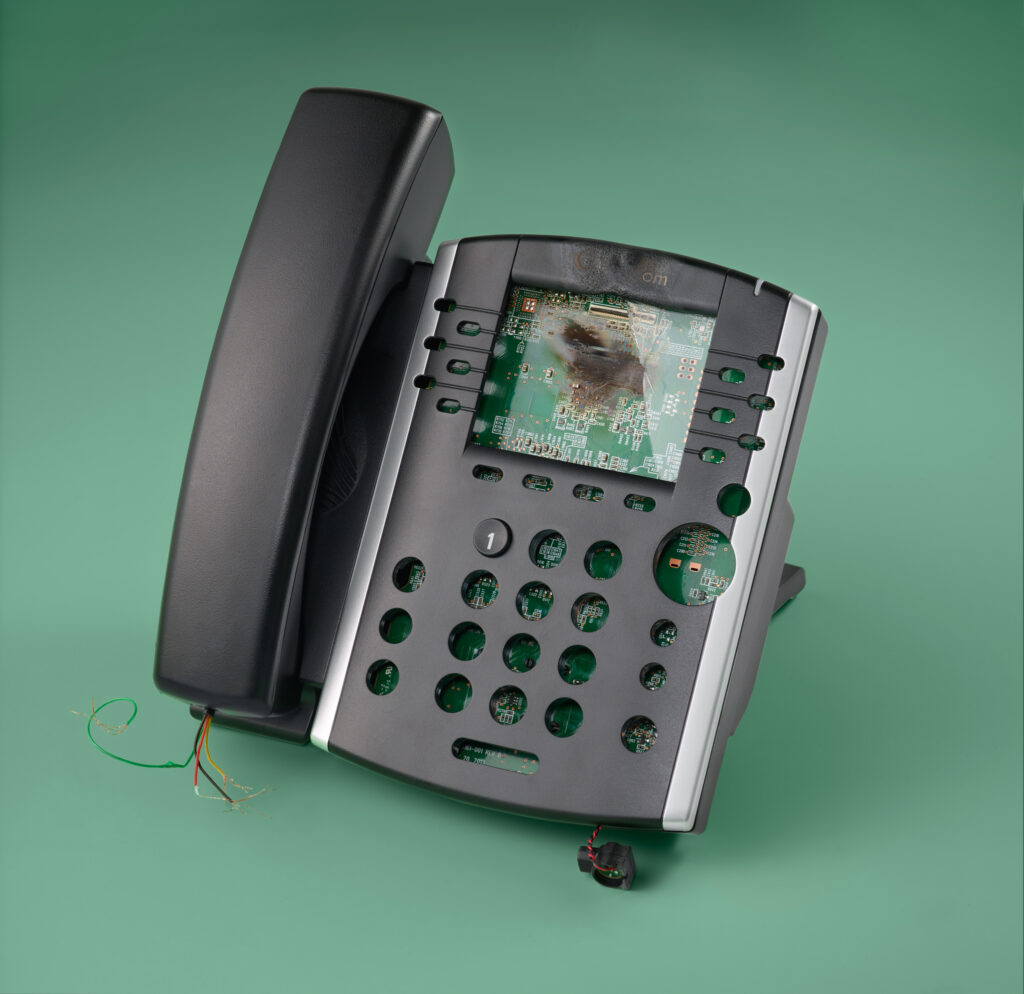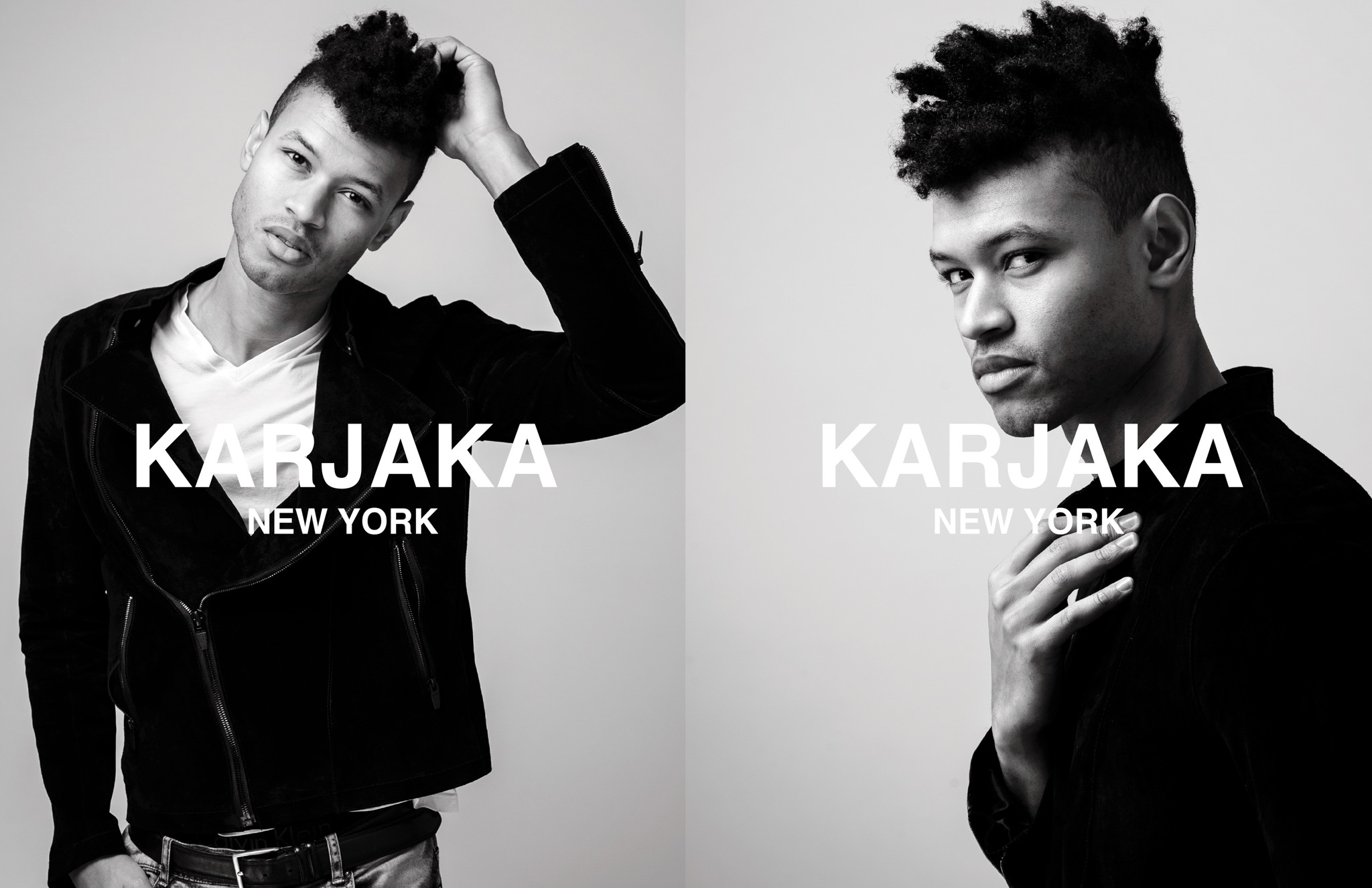

November 29th, 2022, South Dakota Governor Kristi Noem banned TikTok on state devices for government officials and contractors. Other states have followed suit with over 28 having a complete or partial ban on the application on any state owned, operated, or managed device. School districts from K-12 around the country are doing the same, as well as some universities and colleges. The Chief Administrative Officer (CAO) of the House Catherine Szpindor had warned in August that the TikTok app represented a high risk to users and the Committee on House Administration authorized the CAO Office of Cybersecurity to “initiate the removal of TikTok Social Media Services from all House-managed devices”. This ban of TikTok on Federal government devices was proposed by the Trump administration originally, though never enacted.
In November of 2022, Christopher Wray, the director of the FBI testified before Congress and raised concerns about the influence of the Chinese government over the TikTok application and data gathering capabilities and actions of the platform.
To be clear, the concerns of TikTok are not totally unfounded. There are concerns about the spying capabilities of TikTok. However, these concerns are not limited to TikTok. What we have seen over the last few years and what we should all be aware of is that the applications on our phones track us. The applications on our computer browsers track us. The applications in our cars track us. These statements should come as no surprise, if you have been paying attention to the news and the terms of service and hell, even if you jus to open an application on your iPhone and are asked by the application to allow it to send data to the manufacturer. Why does my note taking application, or my calculator need access to my contacts? Again, if we have been paying attention we should already know that we are the product, the data units being packaged up and sold to advertisers.
In a marketing lecture I attended in December the speaker was talking about the 53,000 data points that Facebook has on each user of its platform. These data points can be used to segment and micro target customers and hyper-customize advertising. This discussion was not on how to protect ourselves. This discussion was on how to use the data to sell products to customers and prospects through micro targeting.
So, if we dispense with the pearl-clutching of how our personal information is being taken up and used and sold and the concern that we all have of this, FOR THE CHILDREN, as we tap “agree” on our Terms of Service contract wit the iPhone upgrade, without reading it, and instead peel back what is the concern here.
What we are really talking about is Xenophobia. The fear of the other.
Apple has created an enhanced security platform to protect end users. Law enforcement is not happy about this development because it will limit their ability to extract data from devices to catch criminals and terrorists. There are good arguments for Law Enforcement needing access. But there are also a bevy of privacy concerns. For another article.
This is not that.
This is othering a product, finding a bogey man and pushing. The Biden administration has been working with ByteDance, the parent company of TikTok, to house all US citizen’s data in the US and remove access by the Chinese government. ByteDance a Chinese company that has to answer to the Chinese government does not want to budge.
In the meantime, making an app that a preponderance of young people use and putting it out of reach for law abiding citizens to use to communicate with their representatives creates a digital divide. It creates a way to limit, or at the very least make it more difficult, information flow between elected officials and constituents.
Security concerns aside (which there are many), the limiting of access to communications tools is designed to alienate a growing, vocal and engaged portion of the electorate. Look at who called for the original ban, who has been pushing the restrictions. Who stands to benefit from a less engaged younger voting block? Finally, take note and realize that the millennial generation has already surpassed the Baby Boomers in number and as will soon be a larger voting block as the last midterm election showed. These bans are designed in part to limit participation in democracy. This fact should concern us all.
We need to fix the data gathering, sharing and selling of personal information – on all tools and platforms. TikTok is a politically convenient strawman. Companies operating within the US, foreign or domestic, need to abide by established laws with real enforcement mechanisms. The problem is those rules need to be applied uniformly, for US and foreign companies alike. Facebook, Twitter, Google, Microsoft, Apple – none want the rules to change to affect them. If enforcement mechanisms were put in place, TikTok could be made safer or be prosecuted.
But safety is not what this is really about.

